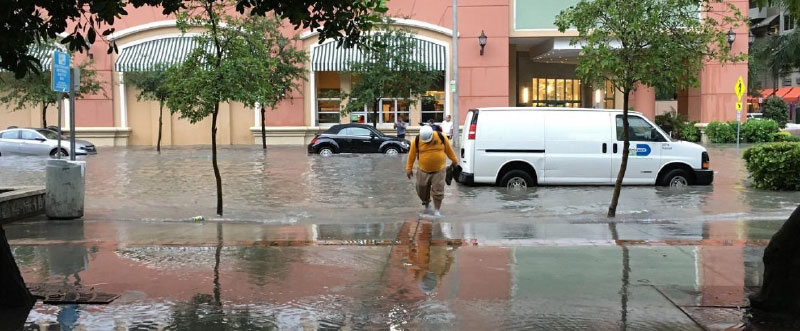
Summary
|
This project addresses the growing interest and limitations in existing research on the relationship between climate impacts and urban displacement. The term gentrification has been in use for over 50 years to describe a pattern of neighborhood change typically characterized by above-average increases in household income, educational attainment, and home values or rent that can contribute to displacement. The strong connection between historic discriminatory federal homeownership loan programs and planning practices, and longstanding patterns of disinvestment, have had undeniable reverberations for generations of residents in these underserved neighborhoods. The current dynamic between housing access and climate impacts has turned certain historic development precepts squarely on their heads. Neighborhoods that once were desirable because of their coastal locations now face severe risk from climate change, while those areas deemed least desirable historically, which have been habitually underserved, poorly maintained, or simply ignored, are now faced with speculative investment that threatens to make them unaffordable for current residents. Through this project, this team will investigate how climate consequences such as sea level rise, flooding, and extreme heat are the latest in a long line of forces contributing to displacement for residents in historically under-resourced neighborhoods.
|
Team
|
Robin Bachin (History), Imelda Moise (Geography), Abigail Fleming (Law) |




